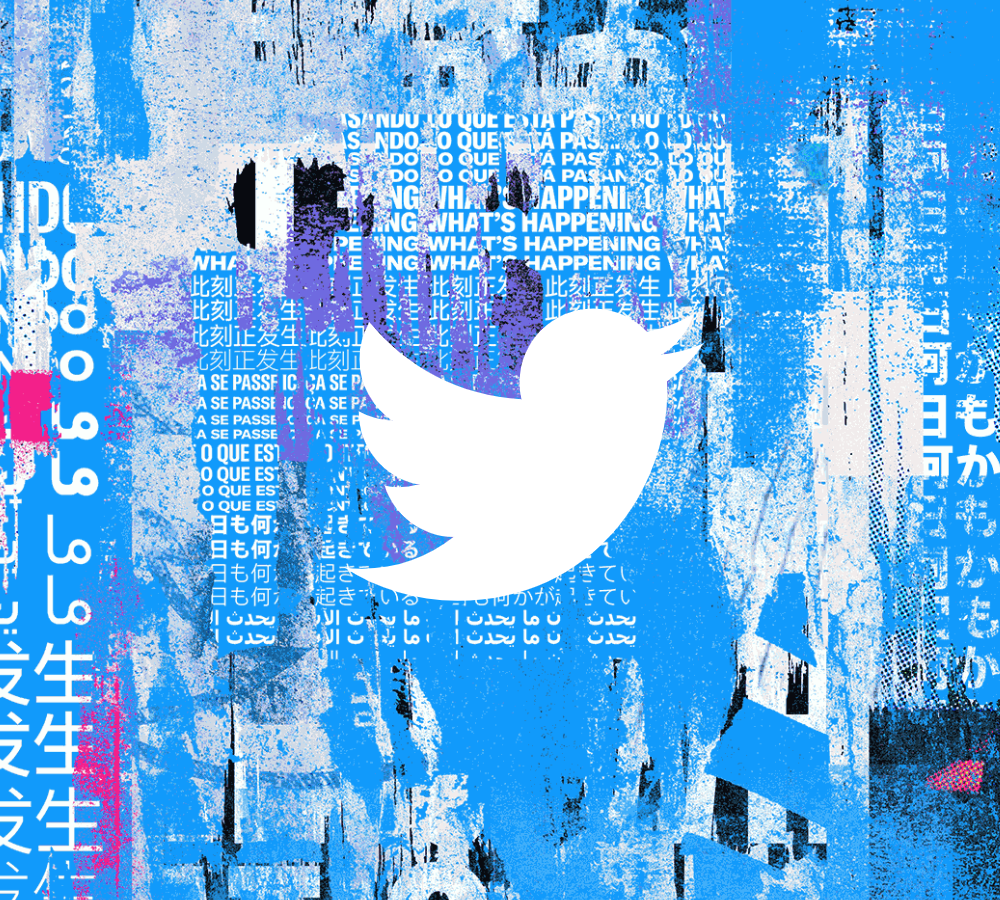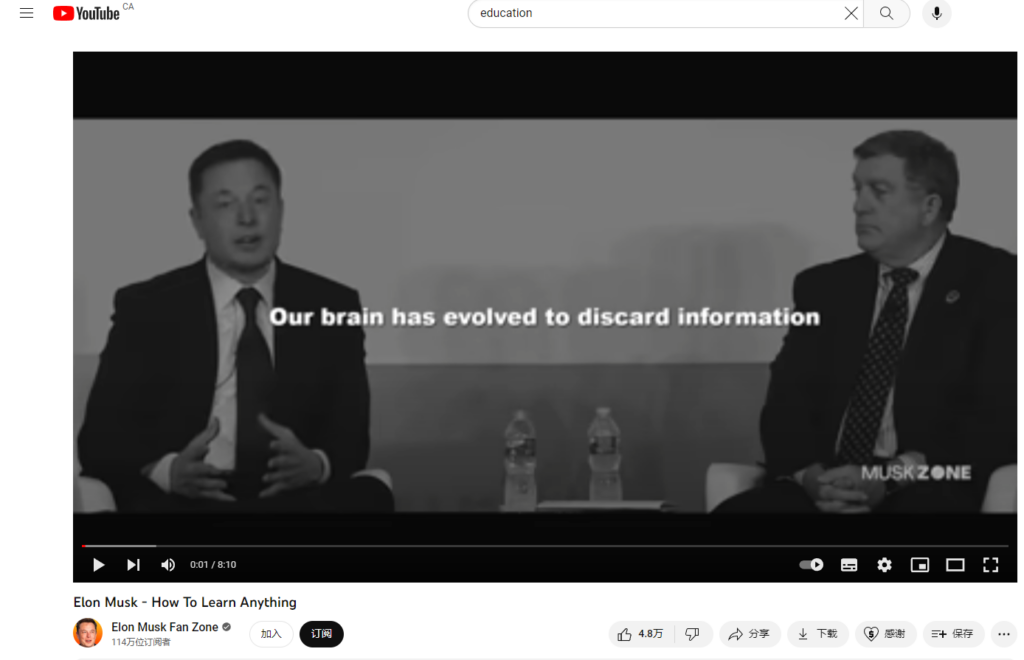Mainstream social media platforms(Which i am familiar with) that are beneficial in education are Twitter, YouTube, TedTalk, And newly emerging TikTok.

Twitter enables people to share text, images, videos, and audio. People can learn about the news and speeches of influencers. There are many influencers in variety of fields share their knowledge on it. Shortages: Lack of strict control over speech, The quality of content varies.

YouTube is a video-sharing platform where educators can create and share educational videos, tutorials, and lessons. It can be a valuable resource for flipped classrooms, supplemental learning materials, and engaging visual content.
It’s important to note that the selection of social media platforms should align with the educational goals, needs, and age appropriateness of the students. Educators should carefully consider privacy settings, terms of service, and adhere to school policies and guidelines when using social media platforms in educational settings.
For the protection of vulnerable sectors, social media platforms should review speech to ensure that there is no discriminatory speech. And protecting personal information and privacy of vulnerable sectors. It should also be user-friendly in terms of usage.
I think social media platforms facilitate communication and collaboration among students, educators, and educational institutions. They provide channels for sharing information, resources, and ideas, enabling educators to connect with colleagues, students, and parents. Platforms like Twitter, Facebook, and LinkedIn can be used for professional networking, sharing educational content, and engaging in discussions.
Leave a Reply